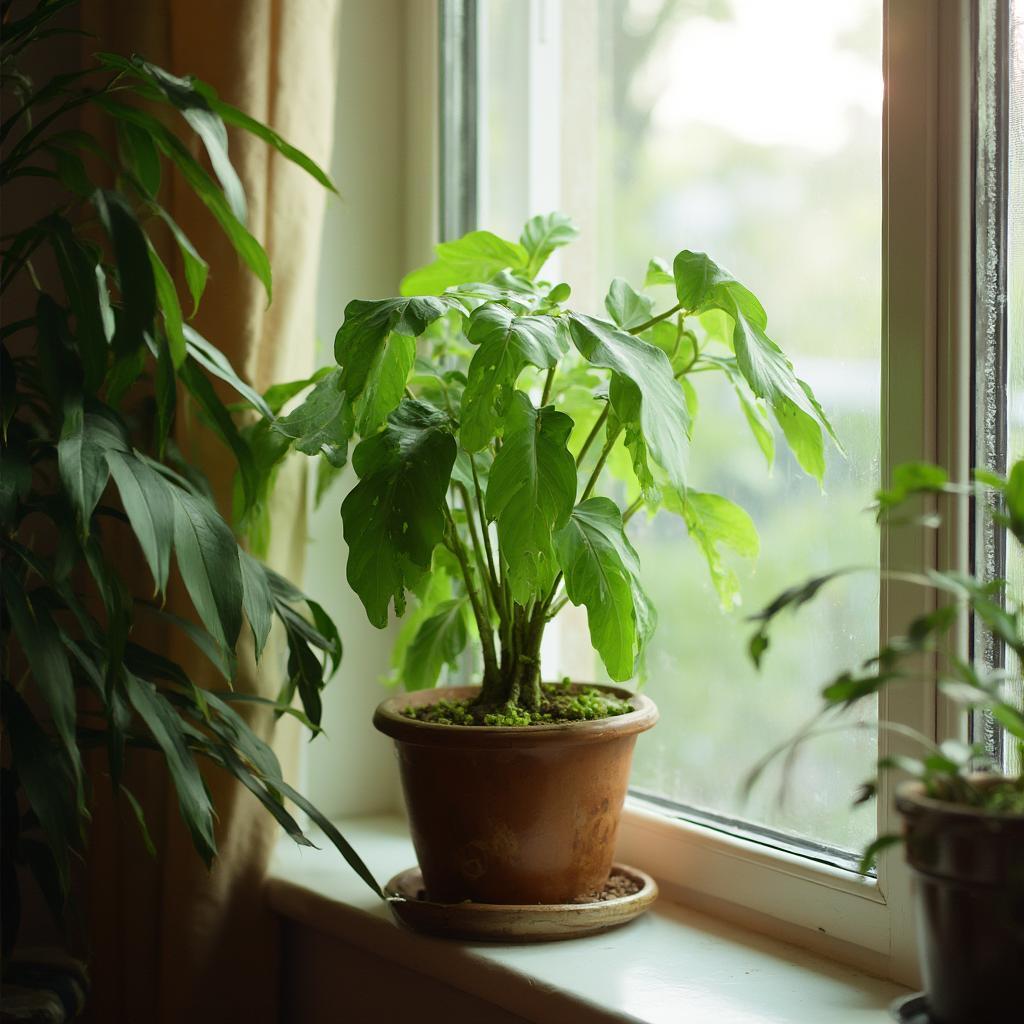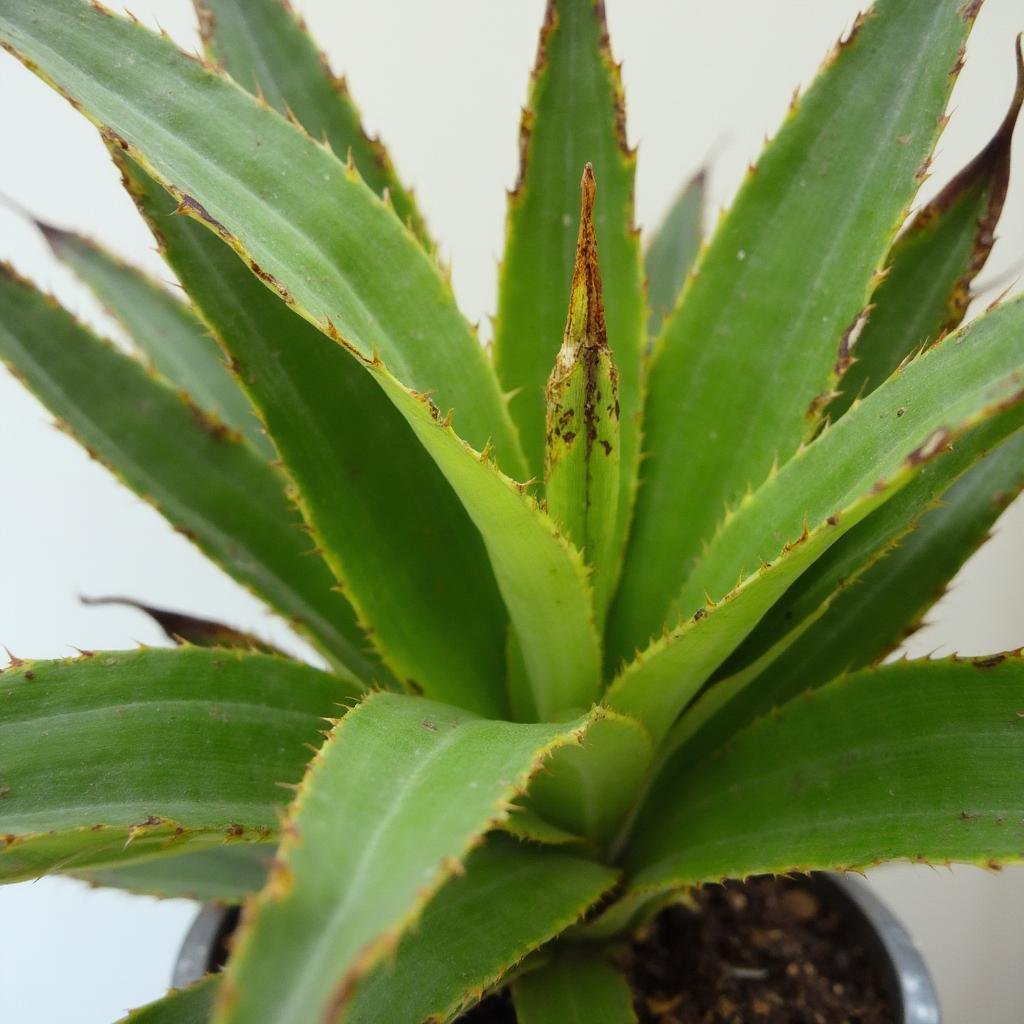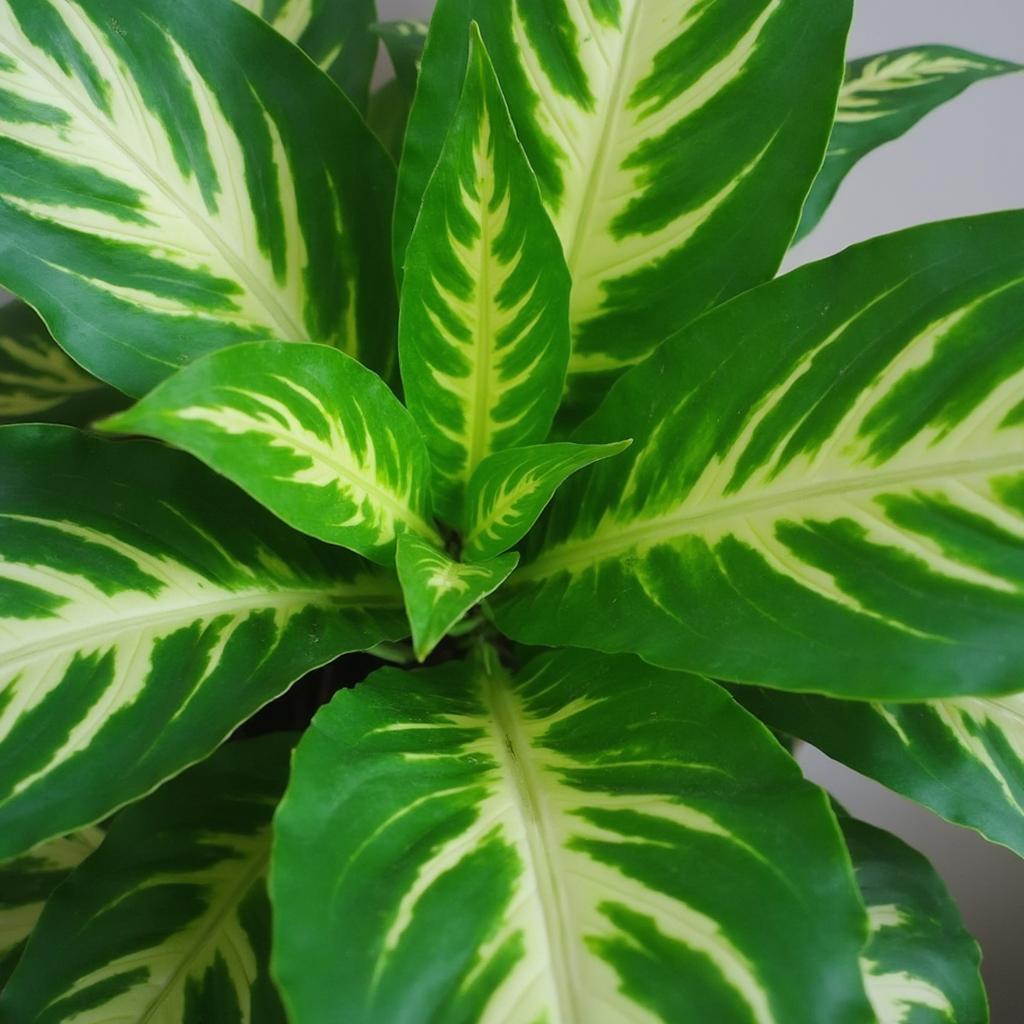Your cart is currently empty!

African Mask Plant Care Tips: A Comprehensive Guide
The African mask plant, or Alocasia amazonica, is a striking houseplant known for its dramatic, dark green leaves with prominent white veins, resembling an intricately carved African mask. While its beauty is undeniable, caring for this tropical plant can be a challenge. This guide provides comprehensive African Mask Plant Care Tips to help you nurture this unique beauty and thrive in your home.
Proper lighting is crucial for the African mask plant. These plants prefer bright, indirect light. Avoid direct sunlight, which can scorch the leaves. A north- or east-facing window is generally ideal. If you only have a south- or west-facing window, use a sheer curtain to filter the light. Insufficient light can lead to leggy growth and dull coloration. Watering is another key aspect of African mask plant care. The soil should be kept consistently moist but not waterlogged. Allow the top inch of soil to dry out between waterings. Overwatering can lead to root rot, a common problem with these plants. During the winter months, reduce watering frequency.
Humidity is essential for mimicking the African mask plant’s natural tropical environment. These plants thrive in high humidity levels. You can increase humidity around your plant by grouping it with other humidity-loving plants, placing it on a pebble tray filled with water, or using a humidifier. Regular misting can also help, but ensure good air circulation to prevent fungal issues. Temperature plays a significant role in the plant’s overall health. African mask plants prefer warm temperatures between 65°F and 80°F (18°C and 27°C). Keep them away from cold drafts and air conditioning vents. Sudden temperature drops can cause stress and damage the leaves.
Soil choice is crucial for healthy growth. A well-draining potting mix is essential for African mask plants. A mixture of peat moss, perlite, and vermiculite works well. This combination provides good aeration and prevents waterlogging. Fertilizing your African mask plant during the growing season (spring and summer) will promote lush growth. Use a balanced liquid fertilizer diluted to half strength every 2-4 weeks. Avoid fertilizing during the dormant period (fall and winter).
Repotting your African mask plant should be done every 1-2 years, or when it becomes root-bound. Choose a pot that is slightly larger than the previous one. Repotting in spring is ideal, as this is the start of the growing season. Propagation is another exciting aspect of African mask plant care. These plants can be propagated through division of the rhizomes (underground stems) during repotting. Carefully separate the rhizomes, ensuring each division has at least one leaf and some roots. Plant each division in its own pot.
 African Mask Plant Thriving in Ideal Lighting Conditions
African Mask Plant Thriving in Ideal Lighting Conditions
Common Pests and Diseases
African mask plants can be susceptible to pests such as spider mites, mealybugs, and aphids. Regularly inspect your plant for signs of infestation. If you notice any pests, treat them promptly with insecticidal soap or neem oil. Root rot is a common disease that can affect African mask plants due to overwatering. Ensure proper drainage and avoid letting the plant sit in standing water. Leaf spot can also occur, often caused by fungal or bacterial infections. Provide good air circulation and avoid overhead watering to prevent these issues.
Troubleshooting Common Problems
Yellowing leaves can indicate overwatering, underwatering, or nutrient deficiencies. Check the soil moisture and adjust watering accordingly. If the soil is dry, water thoroughly. If the soil is soggy, allow it to dry out before watering again. Consider fertilizing if nutrient deficiency is suspected. Drooping leaves can be a sign of underwatering, low humidity, or temperature stress. Water the plant if the soil is dry and increase humidity around the plant. Brown leaf tips can be caused by low humidity, dry air, or inconsistent watering. Increase humidity levels and maintain a consistent watering schedule.
 African Mask Plant Exhibiting Brown Leaf Tips Due to Low Humidity
African Mask Plant Exhibiting Brown Leaf Tips Due to Low Humidity
Choosing the Right Pot and Soil
When selecting a pot for your African mask plant, opt for one with drainage holes to prevent waterlogging. Terracotta pots are a good choice as they allow for air circulation and help prevent root rot. Use a well-draining potting mix that is rich in organic matter. A mixture of peat moss, perlite, and vermiculite is ideal. Avoid using heavy garden soil, which can compact and suffocate the roots.
Expert Insights
Janet Garcia, a renowned horticulturist, suggests, “Misting your African mask plant regularly can significantly boost humidity levels and keep it thriving.” Dr. Michael Brown, a plant pathologist, advises, “Always inspect new plants for pests and diseases before introducing them to your existing collection.”
 Healthy African Mask Plant with Lush Foliage
Healthy African Mask Plant with Lush Foliage
By following these African mask plant care tips, you can ensure that your plant thrives and displays its stunning foliage for years to come.
Conclusion
With its unique foliage and dramatic presence, the African mask plant can be a rewarding addition to any indoor plant collection. By understanding its specific needs and following these African mask plant care tips, you can help this tropical beauty flourish in your home. Remember to provide bright, indirect light, consistent moisture, high humidity, and warm temperatures. Regular fertilization and proper soil choice are also essential for its health and growth.
FAQ
- How often should I water my African mask plant?
- What are the signs of overwatering in African mask plants?
- How can I increase humidity for my African mask plant?
- What type of soil is best for African mask plants?
- How often should I fertilize my African mask plant?
- How do I propagate an African mask plant?
- What are the common pests and diseases that affect African mask plants?
What other questions do you have regarding African Mask Plant care? You can find related articles like best hair care tips for winter and 4a natural hair care tips on our website for more helpful tips.
For further assistance, please contact us via WhatsApp: +1(641)206-8880, Email: [email protected]. Our customer support team is available 24/7.

Leave a Reply